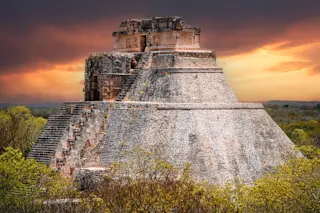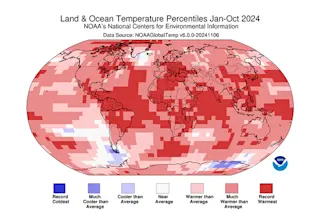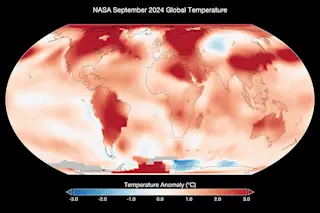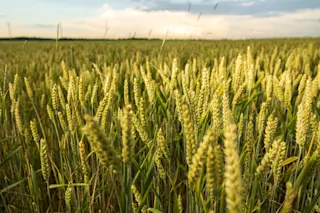This one is from the left, and it was laid out last week by Bill McKibben in a Washington Post op-ed, in advance of the climate protests now underway in Washington DC:
The issue is simple: We want the president to block construction of Keystone XL, a pipeline that would carry oil from the tar sands of northern Alberta down to the Gulf of Mexico. We have, not surprisingly, concerns about potential spills and environmental degradation from construction of the pipeline. But those tar sands are also the second-largest pool of carbon in the atmosphere, behind only the oil fields of Saudi Arabia.
But as Bryan Walsh at Time target="_blank">explains today, the issue is not that simple:
Whatever oil we refuse to buy from Canada will likely just be replaced by politically risky crude from the Middle East or Russia or Venezuela"”or perhaps, by environmentally riskier developments in the Niger Delta or the Alaskan Arctic. While blocking the Keystone XL pipeline would slow the development of oil sands, it wouldn't stop it. Oil is a fungible commodity, and if the price goes high enough"”and there's little reason to expect it wouldn't"”eventually Canada would sell that crude elsewhere, perhaps piping it to the west coast and shipping it to a thirsty China, even if that is more expensive and difficult than simple selling it to the U.S.
Walsh is sympathetic to McKibben and the climate protesters, but he also thinks that their stand on the pipeline is too simplistic:
I worry that the oil sands are going to be burned no matter what Obama does, and it's wrong to make the pipeline a climate red line for Obama.
Anybody want to venture a guess as to which way President Obama will decide?













